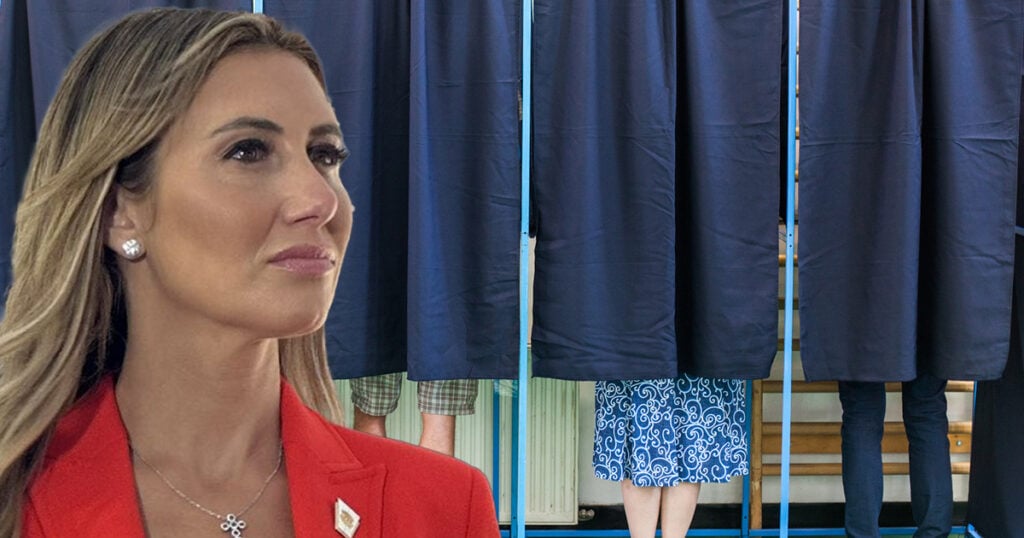Newark, NJ – The battle over who leads the U.S. Attorney’s Office in New Jersey has triggered a constitutional showdown, after former President Donald Trump’s controversial maneuver to keep longtime ally Alina Habba in power drew legal fire from defense attorneys across the state.
In an amicus brief filed this week, the Association of Criminal Defense Lawyers of New Jersey (ACDL-NJ) warned a federal judge that the Biden Justice Department’s backing of Habba’s role as acting U.S. attorney amounts to “unconstitutional maneuvering” that could destabilize prosecutions and taint critical criminal appeals.
At the center of the controversy is a complex and unprecedented sequence of events. Habba, once Trump’s private attorney, had been serving as acting U.S. attorney in New Jersey. As her 120-day acting term neared its expiration, Trump pulled her nomination for the permanent post. Habba resigned just before the term expired—on paper—while the federal court moved to appoint her first assistant, Desiree Leigh Grace, as her successor.
That’s when the musical chairs began. Grace was immediately fired, and Habba was reinstalled as first assistant, effectively putting her back in control of the office under the Federal Vacancies Reform Act. To shield the move from legal challenge, U.S. Attorney General Pam Bondi also named Habba a “Special Attorney to the United States Attorney General” under federal statute 28 U.S. Code § 515, giving her supervisory authority.
And to erase any lingering legal confusion, Trump fired Grace from the U.S. attorney position she had just been appointed to by the court.
Defense lawyers say the entire process defies the Constitution’s Appointments Clause and bypasses the checks of Congress. Their brief calls the move a “convoluted method” that opens the door to “future mischief” in the justice system and undermines faith in prosecutorial independence.
While the Department of Justice insists Habba’s current authority is legal and properly structured, the federal bench in New Jersey will now have to decide whether the executive branch overstepped its boundaries.
The ruling could have national implications for how acting federal prosecutors are appointed—and removed.
––
Key Points
- Alina Habba remains acting U.S. attorney in New Jersey through an unusual sequence of resignations and reappointments
- Trump and Attorney General Pam Bondi used federal statutes to reinstate Habba and remove her court-appointed successor
- Criminal defense attorneys argue the move violates the Constitution and endangers legal proceedings
Legal chaos brews in NJ as Trump’s reshuffling of U.S. attorney office faces constitutional test
